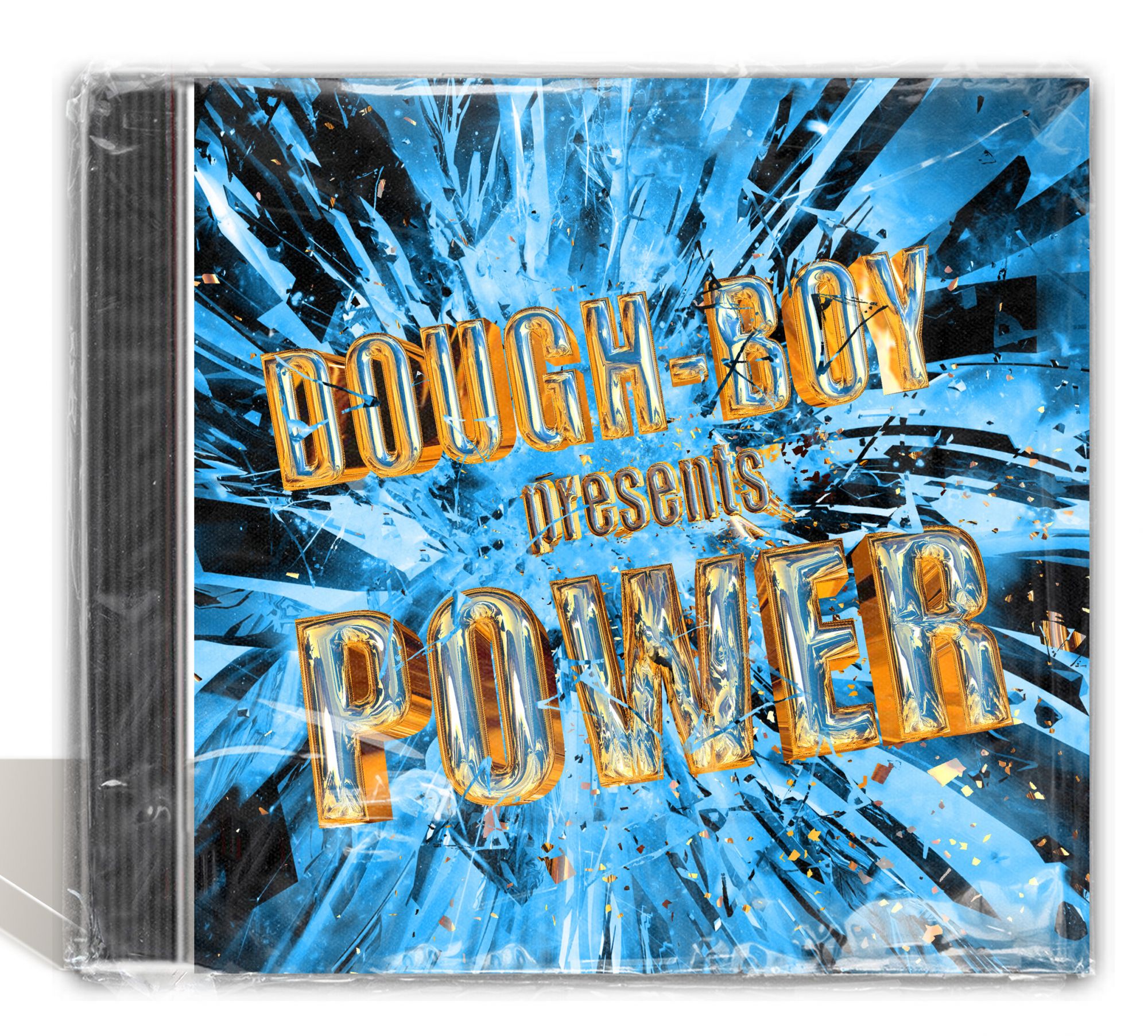Rapper-producer Dough-Boy is one of the most well-known names in Hong Kong's hip-hop scene. He talks to Tatler about his new album and his creative decisions
Dough-Boy is considered a household name in Hong Kong's small yet burgeoning hip-hop scene. With a multitude of skills—from rapping, producing, songwriting and even acting—he stands out. But the Hong Kong rapper-producer's career didn't start off smoothly. Winning Best Original Song at the Hong Kong Film Awards in 2014 for the movie, The Way We Dance would've capitulated opportunities for the then 24-year-old artist. Instead, it was a setback because no one could afford an award-winning artist.
But music has always been his passion. Before winning the prestigious award, he had a serendipitous encounter with American rapper and songwriter MC Jin in Hong Kong which earned him his first producing paycheck. Dough-Boy has since worked his way into the industry, working on his own music and with other respectable artists including American rapper and songwriter Lil Yachty, Cantonese hip-hop group LMF and Tatler's Culture List 2021 honouree and Got7 member, Jackson Wang. He's also the frontman of his crew Bakerie, which includes Seanie P, Tommy Grooves and Geniuz F.
The talented artist has two albums under his belt, Chinglish (2018) and Good, Bad & Ugly (2019) and now he's back with the release of his third album, Power. This new work marks a shift in Dough-Boy's career as it showcases the collaborative effort between his own unique sonic flavour and the style of each featured artist. Tatler catches up with the rapper-producer as he talks about his new album and why he chose to work with 12 different artists.
See also: How Elton Yau And Nicholas Cheung Are Making Waves In Hong Kong's Music Scene

Congratulations on the release of Power! What makes this album different from the other ones you’ve worked on?
Thank you! My previous albums were very personal and mostly work as audio journals for me. This time, it’s more for everyone else. This project is a challenge I’ve set for myself to see if I could handle so many artists and sub-genres.
You worked with a total of 12 artists from all over the world, how was the creative process like for such a big collaborative work?
The main goal I set out to achieve for this album is to bring people together. There was a lot of trial and error. There were a lot of song ideas and collaborations that didn’t work out. It took a while to lock down these 12 artists with very different sounds and backgrounds and to try to make them all fit sonically into an album.
Why did you specifically choose artists from different places?
I never see the world as just the city I live in. I hope everyone could see a bigger world outside of their social circle. So I purposely made sure each artist featured on the album had a different background. I wanted to set an example musically to bridge Asia together and also connect Asia with the rest of the world.
See also: Meet The Promoter Fighting To Save Hong Kong's Musicians From Homelessness


